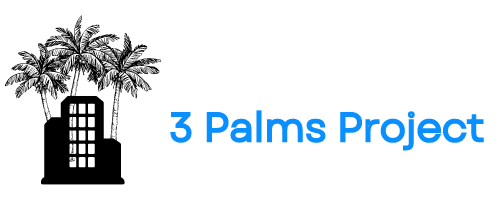Doing what you love feels amazing. Whether it’s taking photos, designing stuff, or filming short videos, it’s fun when it’s just for you. No pressure, no one to impress, and no big problems if things don’t go perfectly. But everything changes the second someone offers to pay you.
That moment feels exciting. It should. It means people think your work is good enough to pay for. But it also means you’re now responsible for more than just doing a good job. You’re handling someone else’s expectations. And that means you’ve got more to think about than just being creative.
It’s Not Just a Hobby Anymore
When you turn something into a side job or business, people start to count on you. You might be taking photos at their wedding or shooting pictures of products for their website. What you do suddenly matters in a bigger way. If something goes wrong, you can’t just say “Oops” and move on. They might be upset. They might even want their money back—or worse.
This isn’t to scare you. It’s just the truth. As soon as money is involved, things get more serious. People expect results. And when your name is tied to something, you want to make sure it goes right. That’s why a lot of creative people who start doing paid work quickly realize they need to prepare a little more than they did before.
Why Being Prepared Isn’t Overthinking
Think about the tools you use for your work. If you’re a photographer, it’s your camera, lenses, and maybe lighting gear. If you’re a musician, it’s your instruments or mics. And if you’re doing design or editing, it might be your laptop or tablet.
Now imagine one of those things breaks or gets lost right before a paid job. What would you do?
Most people don’t think about that stuff until it happens. And when it does, it’s super stressful. That’s why some creatives—especially photographers—choose to get covered ahead of time with things like photography insurance. It’s a simple way to make sure you’re not stuck paying to replace gear or deal with an unhappy client all by yourself.
Small Mistakes Can Feel Really Big
When you’re doing a personal project, a mistake is no big deal. You can redo a shot or fix a design later. But if it’s for someone else, one small error might cause a problem you didn’t expect. Maybe you forgot to charge your batteries. Maybe a file got corrupted. Maybe you missed a shot that felt really important to the client.
Stuff like that happens to everyone. But if it happens during paid work, people might not be as forgiving. That’s why planning ahead—bringing backup gear, keeping extra memory cards, having solid insurance—starts to feel more normal once you’ve done a few jobs. You learn quickly that it’s not just about being good at your craft. It’s about being ready.
Money Adds Pressure—And That’s Okay
It’s not bad that things feel more serious once you start getting paid. It actually means you care. You want to do your best. You want people to be happy with your work. That pressure can help you grow and take your skills more seriously. But it also means you can’t treat jobs the same way you did your hobbies.
You’ll start checking your gear more carefully. You’ll double-check client messages to make sure you understood everything. You might even start writing simple agreements about what’s included in each job. These aren’t things to stress about—they’re just signs that you’re becoming more responsible. And when you add a layer of protection, like insurance, it takes some of the weight off your shoulders.
You Don’t Need to Be a Pro to Be Smart
Some people think insurance or contracts are just for full-time professionals. That’s not true. You can be 16, still in school, and only working weekends—and still have real responsibilities when you accept money for creative work.
Being smart about those things doesn’t mean you’re trying to turn into a businessperson. It just means you’re protecting yourself from little mistakes that can get big fast. Even one broken camera or one unhappy client can set you back. That’s why thinking ahead—even a little—can help a lot.
What This All Comes Down To
If you’re turning your passion into a way to earn money, that’s awesome. Seriously. It means you’re good at what you do, and people want your help. But once that happens, you’ve got to treat it with care. Not in a stressful way—just in a thoughtful way.
Bring backups. Ask questions. Be clear about what you’re offering. And make sure you’re protected, whether that means having your gear insured or having a simple plan for when things go wrong.
The better prepared you are, the easier it is to stay calm and do your best work. That way, you can keep loving what you do—without letting the serious stuff get in the way.

